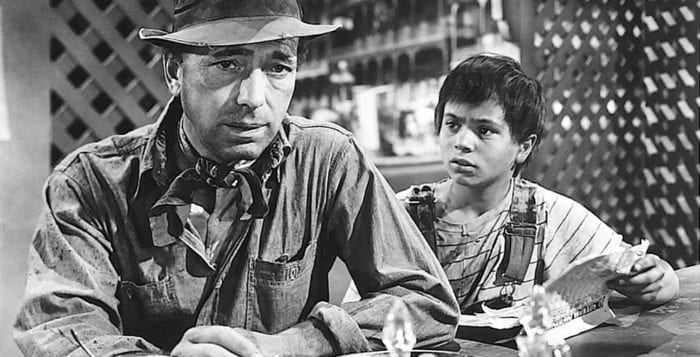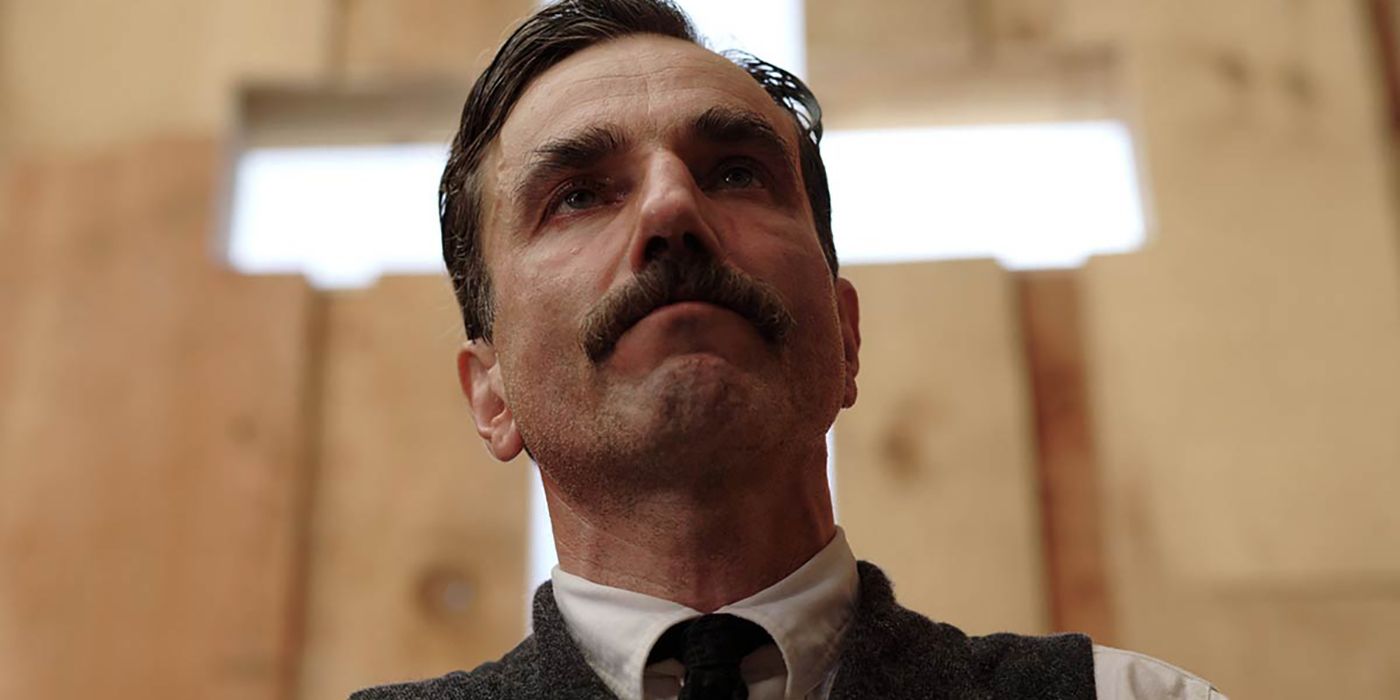The Bank Job

I'm a big fan of British crime films, films set during the 70's or 80's, and films "based on a true story".
Ok so the time period is captured fairly well, not the best like a Tarantino, Scorsese, or PTA would do, but well enough. Like someone else said, we are teased with a great soundtrack in the beginning but it seems like it's just to suck the viewer in. Consider me sucked. Some cool ass cars btw. Overall I give the replication of the era a B.
Based on a true story? Well I don't exactly know the true story but I read a little about it after seeing John Lennon and Yoko Ono at a dinner party with Michael X. That part is true, as is quite a bit more including the brutal murder of Gale Benson. I'm certain that there are quite a few liberties taken, and I wouldn't mind seeing a documentary because it's a fantastic story.
As a British crime film it is solid entertainment but for me a little uneven. It tries to give us both good fun and gritty realism, and I think I would've liked it more had it picked a side.
I like Jason Statham plenty but he seemed out of place here. He's a very likable action star. There's nothing wrong with that but I kept having to remind myself that the action I'm used to when I see that face is never going to come. Cool to see Craig Fairbass who stars in the Rise of the Footsoldier film series which I absolutely love. I noticed Mick Jagger in the beginning likely only because Phoenix gave the heads up, but I probably would've noticed him later on my own. Funny that his first appearance was soon after the John Lennon scene.
Roger Donaldson has made a few good films. Correction; Roger Donaldson has made a couple of good films and a few I like. The Bank Job fits right in.
-

I'm a big fan of British crime films, films set during the 70's or 80's, and films "based on a true story".
Ok so the time period is captured fairly well, not the best like a Tarantino, Scorsese, or PTA would do, but well enough. Like someone else said, we are teased with a great soundtrack in the beginning but it seems like it's just to suck the viewer in. Consider me sucked. Some cool ass cars btw. Overall I give the replication of the era a B.
Based on a true story? Well I don't exactly know the true story but I read a little about it after seeing John Lennon and Yoko Ono at a dinner party with Michael X. That part is true, as is quite a bit more including the brutal murder of Gale Benson. I'm certain that there are quite a few liberties taken, and I wouldn't mind seeing a documentary because it's a fantastic story.
As a British crime film it is solid entertainment but for me a little uneven. It tries to give us both good fun and gritty realism, and I think I would've liked it more had it picked a side.
I like Jason Statham plenty but he seemed out of place here. He's a very likable action star. There's nothing wrong with that but I kept having to remind myself that the action I'm used to when I see that face is never going to come. Cool to see Craig Fairbass who stars in the Rise of the Footsoldier film series which I absolutely love. I noticed Mick Jagger in the beginning likely only because Phoenix gave the heads up, but I probably would've noticed him later on my own. Funny that his first appearance was soon after the John Lennon scene.
Roger Donaldson has made a few good films. Correction; Roger Donaldson has made a couple of good films and a few I like. The Bank Job fits right in.
-




